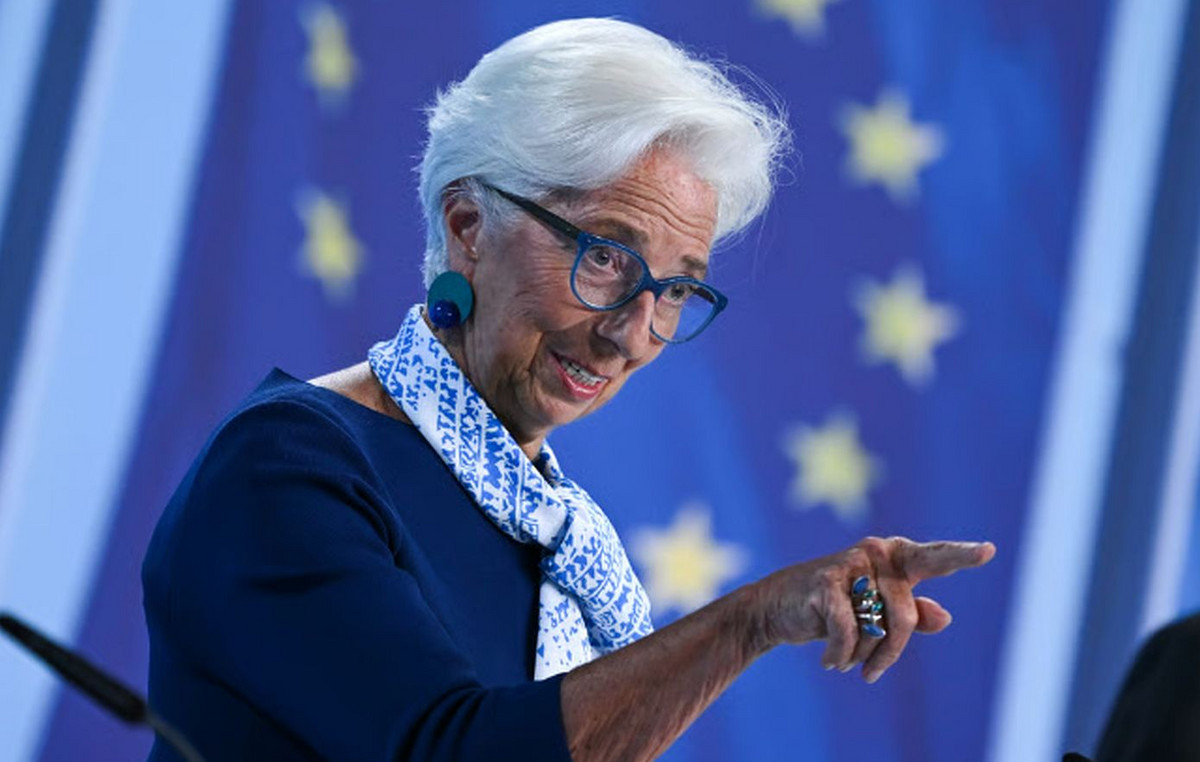Covid-19, acute hepatitis, monkey pox. Is it just us, or are we suddenly being affected by a series of diseases we had never heard of? Why do we spend time talking about diseases? Should we be worried?
Let’s break it down: we live in an increasingly globalized world: before the pandemic we had reached a peak in the number of air and sea connections in the world.
“The increasingly easier and faster transport of people and goods means that there is greater mobility of microbial agents”, explains physician Bernardo Gomes to CNN . “A virus that appears in China can, in a few hours, be on the other side of the world”.
Then, it is necessary to take into account climate and environmental changes, which cause changes in disease patterns and vectors. That is, in the way diseases are transmitted. And, also, to take into account the “invasion of ecosystems”, that is, “the greater coexistence of man with other species, especially with bats and other wild animals”, a factor that “increases the chance of exposure to viruses to which even here we had not been exposed” and the possibility of “jumps between species” (viruses that pass from one species to another).
“Every year there will be dozens of these events”, says Gomes. Most of the time, these viruses do not establish themselves and do not pose problems, “but sometimes the perpetuation of the virus happens”, which can give rise to epidemic or even pandemic phenomena, as happened with Covid-19.
Gustavo Tato Borges, president of the National Association of Public Health Physicians of Portugal, also states that “people live longer”, which means that “we have the opportunity to see the body age and we witness the appearance of more pathologies”, associated with the aging and the lifestyle we have, with various so-called risk behaviors.
Doctor Bernardo Gomes explains that we still don’t know how SARS-CoV-2 interfered with our immunity and whether it may have made us more susceptible to other diseases. “We know that this virus has a disruptive influence on the immune system. Therefore, this is a question that we have to ask and for which we still do not have an assertive answer.”
Basic care helps prevent respiratory diseases
So it is true that we are more exposed to microbial agents that spread much more quickly than were the case decades ago, and that there are diseases that could be developing due to environmental, behavioral or other changes.
But it is also true that today “we have a greater capacity for detection and diagnosis”, recalls Gomes. And we also have more knowledge and ability to deal with diseases. “In the last decade of the 20th century we still had measles and meningitis, for example”, says Gomes, underlining the enormous advances in medicine, both in prevention and treatment.
The opinion is shared by Gustavo Borges. “It is one of the consequences of having a considerable scientific advance: it makes us have more and more complete and differentiated diagnostic methods and, therefore, we are able to identify many more diseases that were previously unknown. If we had the opportunity, with today’s technology, to analyze the causes of death of our ancestors, we would certainly find a series of viruses and types of cancer that, at the time, it was not possible to identify, let alone treat”.
Not only do we have more knowledge, we are more attentive, experts say. An example is what happened with monkeypox. “The disease already existed, we weren’t paying attention because we thought it was restricted to one region. And now, we are detecting cases of infections that have occurred longer”, explains Gomes.
And there is also greater media attention and, with social networks, “a sense of constant threat” can be created, warns the doctor. But knowledge is good, he says. “Knowledge leads to greater responsibility,” he says. In the specific case of “the control of infectious diseases, knowledge is an asset and it is important to convey the message that it is not only a matter of individual responsibility but of collective responsibility”.
For all this, doctors say they believe there is no reason to panic: “Today we live longer and better than our ancestors”, says Borges. “Not only are we not sick anymore, we are always looking to improve people’s lives”.
Source: CNN Brasil







